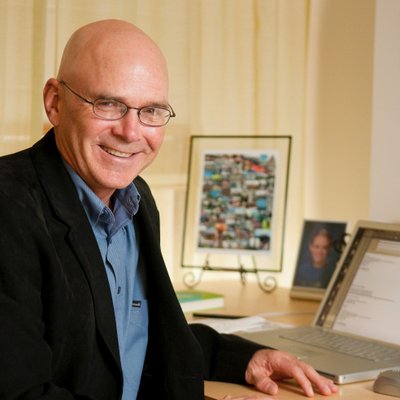Conference Agenda
Communication Science Futures will take place May 30th-June 1st, 2024 on the campus of Michigan State University. Below you will find the conference schedule and agenda. Note that some elements of the schedule are still being finalized and are subject to change. Unless otherwise noted, all events will take place in WKAR Studio A in the Communication Arts & Sciences Building.
Thursday, May 30

Stanford University
Five “ridiculous” futures for communication science: Challenges to the reign of deduction, generalization, random sampling, complex models and burdensome research logistics
More Info
Friday, May 31
Each of the working group sessions at Communication Science Futures will consist of a panel of brief presentations followed by extended breakout discussions between presenters and participants aimed at addressing a “big picture” challenge or opportunity within the field. The panel portion will take about 90 minutes, leaving about 90 minutes for discussion. At the 45-minute mark, attendees will have the opportunity to swap discussion groups if desired.
This session explores current frontiers and challenges in theory building and testing within communication science. Discussion groups will examine issues such as the role of neurocognitive factors in communication, balancing precision and generality in complex phenomena, causal inference, evaluating constructs, and taking a systems perspective to better understand communication processes and effects. The session aims to critically reflect on the state of communication theory and chart directions for future theoretical development, retirement and integration. Key questions include how to evolve theories to address emerging issues, establish (more) valid constructs, and leverage modern approaches to understanding communication processes.
Discussion Groups:
This session examines key forces shaping the future of communication research, with many discussion groups focusing on the transformative impacts of AI, algorithms, and social media. Discussion groups will explore issues such as non-representativeness in social media data, generative AI in online political communication, media effects and metacognition, ethical implications of AI for relationships, and opportunities for bridging disciplines like neuroscience, social network analysis, psycholinguistics and communication. The session will also consider tools and approaches communication scientists need to navigate this changing landscape.
Discussion Groups:
Saturday, June 1
This session highlights emerging methodological frontiers in communication research. Discussions will explore issues such as merging diverse methods, measures and models in theory testing; opportunities and challenges of AI-aided content analysis; leveraging mobile methods and mixed methods to understand interpersonal processes; and harnessing approaches from genetics to single-case experiments to accelerate person-specific paradigms. The session also considers the future of longitudinal research, verbal behavior in social science, and audience understanding. Cutting across these topics is an emphasis on creatively integrating novel methodological tools and techniques to shed new light on complex communication dynamics at multiple levels of analysis.
Discussion Groups:
VR, Human-AI Communication, Communication Neuroscience, and Non-Verbal Communication Research
CASE Lab (Room 14)
Eye Tracking Study
So... what is getting published these days? A frank discussion of trends in peer review
CAS 191 (Deeb Conference Room)
Led by Dr. Nick Bowman - Syracuse University
CAS 182
Led by Elina Erizkova - Central Michigan University